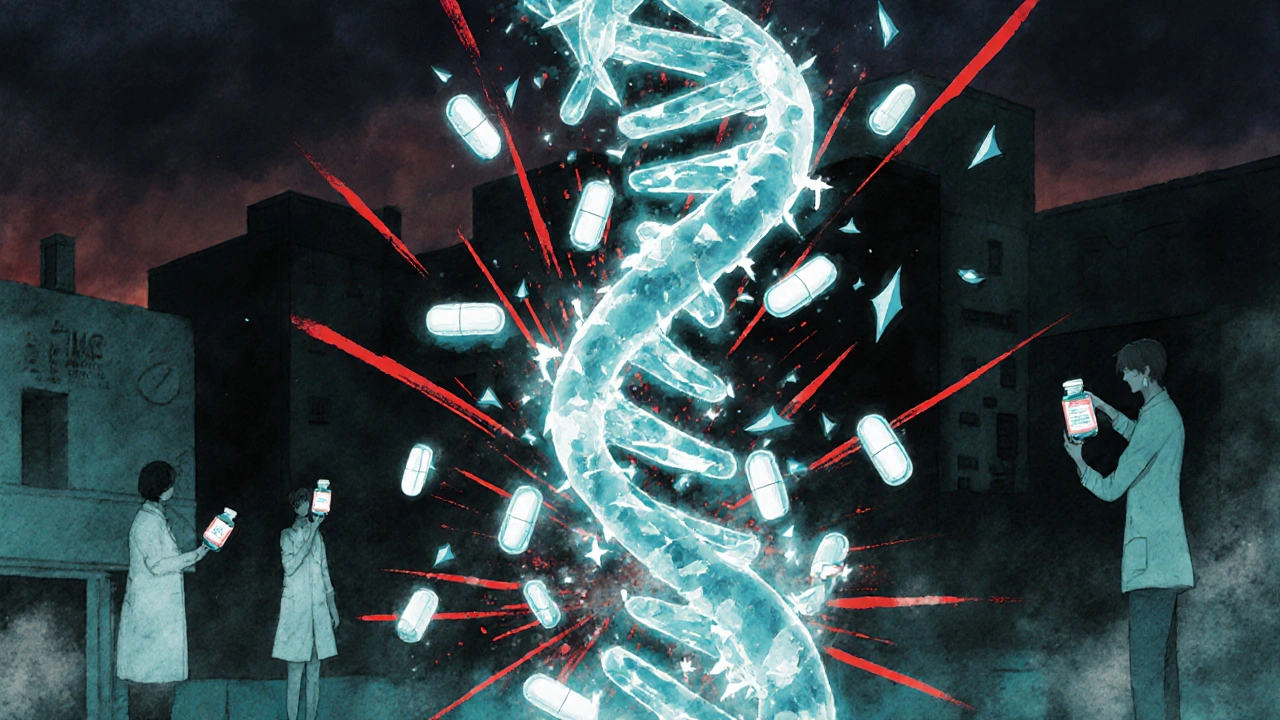HLA-B*15:02: What It Means for Drug Safety and Genetic Risk
When your body reacts badly to a medicine you’ve taken before—without any warning—it might not be bad luck. It could be your HLA-B*15:02, a specific genetic variant that tells your immune system to attack certain drugs as if they’re invaders. Also known as HLA-B15:02, this allele is a silent risk factor that can turn a common prescription into a life-threatening emergency.
People who carry HLA-B*15:02 are at high risk for Stevens-Johnson syndrome and a dangerous skin reaction that starts like a bad rash but can destroy large areas of skin and mucous membranes when they take drugs like carbamazepine, a seizure and nerve pain medication. This isn’t a guess—it’s backed by decades of research and strict guidelines from health agencies worldwide. In Southeast Asian populations, up to 15% of people carry this gene. In others, it’s rarer, but the danger doesn’t disappear. Testing for HLA-B*15:02 before starting carbamazepine, oxcarbazepine, or phenytoin isn’t optional in many countries—it’s standard. Skipping it is like driving blindfolded.
This isn’t just about epilepsy drugs. HLA-B*15:02 is part of a bigger story: pharmacogenomics, the science of how your genes shape how you respond to medicine. Your DNA doesn’t just decide your eye color—it decides whether a drug will help you, hurt you, or do nothing at all. Doctors are starting to use genetic tests like this to avoid side effects before they happen. It’s not science fiction. It’s happening now, in hospitals and clinics around the world.
What you’ll find in the posts below isn’t just a list of articles. It’s a practical guide to how genetic risks like HLA-B*15:02 connect to real drugs people take every day—from painkillers to antidepressants. You’ll see how bioequivalence testing, dosing errors, and even antifungal creams tie into the bigger picture of drug safety. No fluff. No theory without application. Just clear, direct info that helps you ask the right questions before you take the next pill.
